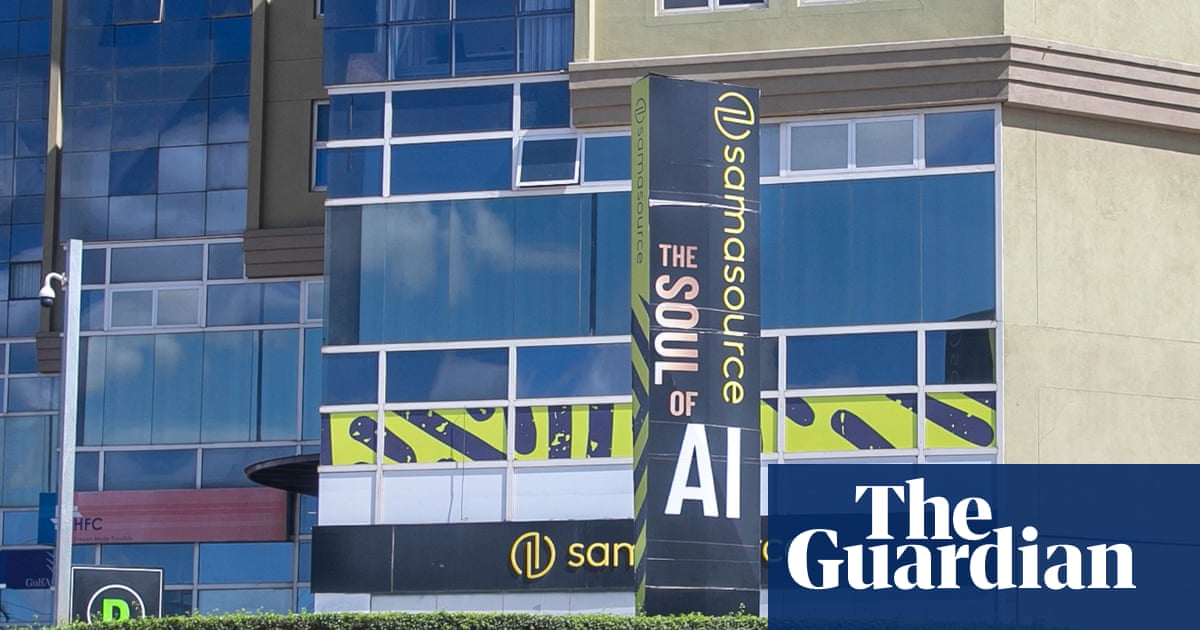Employees say they weren’t adequately warned about the brutality of some of the text and images they would be tasked with reviewing, and were offered no or inadequate psychological support. Workers were paid between $1.46 and $3.74 an hour, according to a Sama spokesperson.



You’re gonna get a lot of flak for that take, even though I agree with most of the rest of your post. Let’s reframe the problem: you’re currently paid a low wage. It’s barely enough to pay for food, rent, and getting to and from your job.
You want to leave that job for one you know pays better, but it’s farther away. Even if you get the job and have the better income, you would be spending the net gains on the extra costs of commuting: it ends up being a wash.
You would move closer, but because your current wage doesn’t allow you to save money, you can’t afford the costs of moving, let alone a down payment on a house or a deposit on an apartment.
You would get better educated so you qualify for better paying jobs, but again, you have no savings from your current job to pay for schooling, and you have no/bad credit to afford a student loan.
All the problems arrayed against you require money to solve, and because you’re “cheap labor” you’re never able to gather enough money to solve them. You’re forcibly stuck with your current job. They pay you, yes, but you can’t leave. You’re “free” to leave, but that’s just saying you’re free to lose your home and starve. Now none of these problems are unique to Kenya, I could be describing any country with poor Economic Mobility, I could be describing any job or industry. Globalization was important for many reasons, but it has allowed companies to identify the parts of the world where labor is cheapest and pay them… exactly what they’re “worth.”
deleted by creator
Yes, important to not leave that implied.